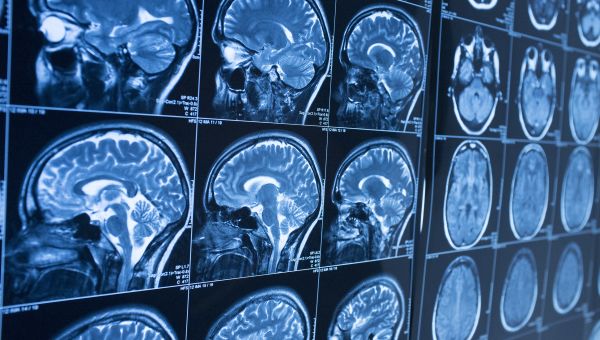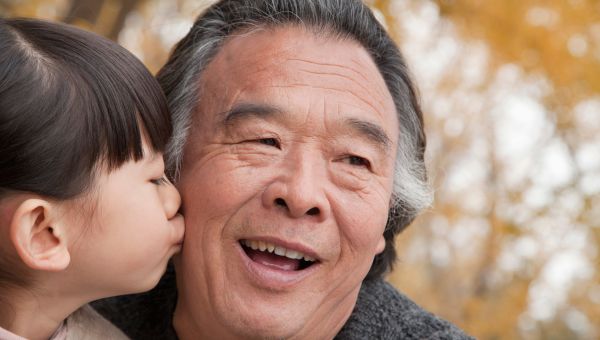Parkinson’s Disease, Explained
Know the causes, symptoms and treatment of this nerve disorder.

Parkinson's disease, a chronic and progressive nerve disorder, affects as many as one million Americans, with 60,000 people diagnosed each year. You might have questions like: What is Parkinson’s disease? Who gets it, what are the symptoms, and is there a cure? Here’s what you need to know.

Who Is At Risk?
Age is one of the biggest risk factors for Parkinson's. The disease develops most often after age 60 and occurs more often in men than in women. Early-onset Parkinson's can strike people under age 50. In very rare cases, symptoms may even appear at age 20 or younger.

Causes
The underlying cause of Parkinson’s disease is still unknown. Roughly 15% of people with Parkinson’s have a family history of the disease. Some research suggests that certain pesticides can increase the risk of developing the disease. And mounting evidence connects head injuries and concussions—especially knockout blows—to Parkinson's, with one study showing that they can more than double the risk.

Symptoms
Parkinson's disease has four hallmark symptoms: tremors, or shaking of the hands, arms, legs and face; stiffness; bradykinesia (slow movement); and poor balance. Symptoms usually start on one side of the body and progress to both sides. Other symptoms include dementia, dizziness when standing, incontinence, mood disorders, trouble sleeping and, surprisingly, a loss of the sense of smell.

Treatment
Parkinson’s disease has no cure. Medications that either mimic or help the body produce the brain chemical dopamine can help manage problems with tremors, rigidity, balance and movement. Deep brain stimulation (DBS) is a widely used treatment that may help some people who develop certain symptoms, despite medication. Exercise, physical therapy and speech therapy can help people with Parkinson’s feel better and improve their quality of life.
More On


video

article


video


video


video
